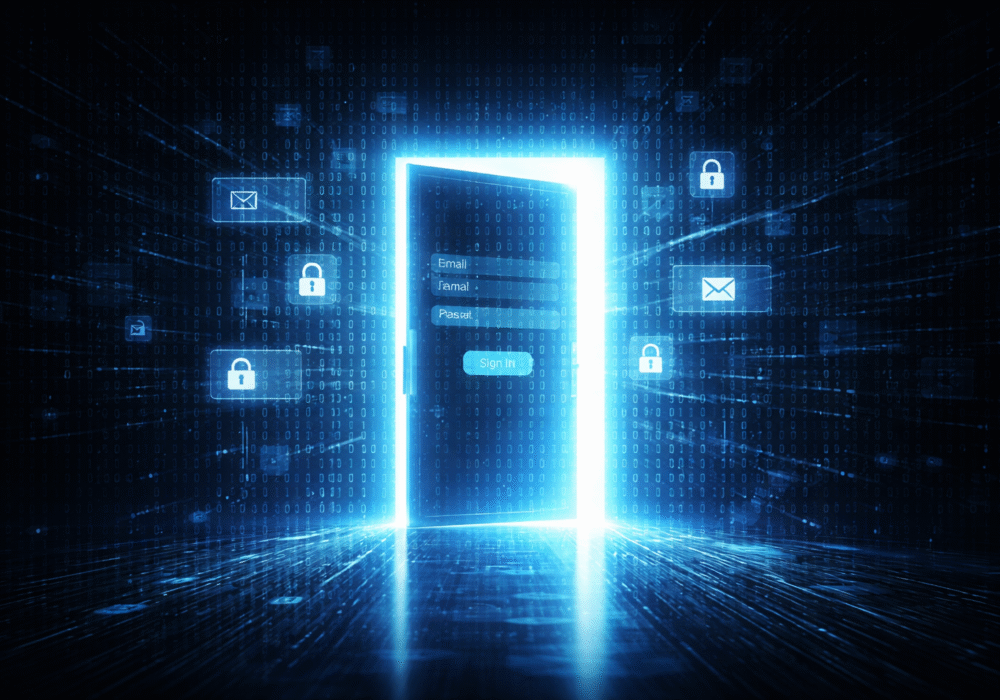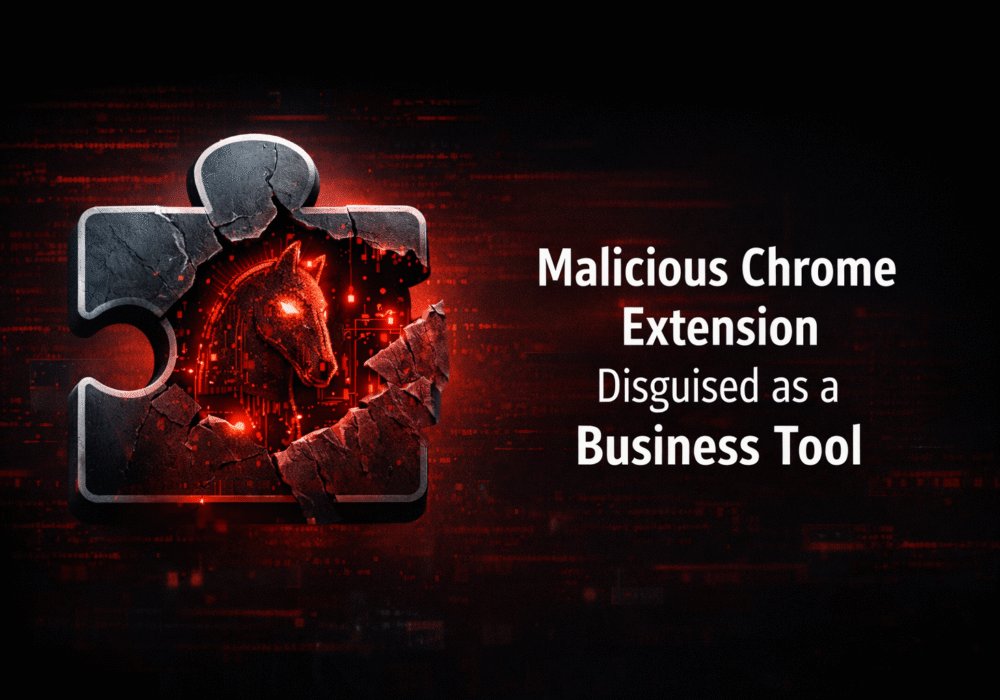
A new strain of ransomware, dubbed Qilin, is targeting VPN networks with stolen or harvested credentials. These VPN networks lack basic multi-factor authentication requirements! With Qilin, this leads to quick and easy compromise of VPN networks, deletion of backups, and ransomware deployment. But don’t worry—we now turn to steps you can take to protect yourself and your organization from this threat.
Qilin ransomware isn’t just another piece of malware; it’s a highly refined attack designed to bypass traditional security defenses. Once past VPN services, Sophos researchers state Qilin finds your domain controller and deploys a credential harvesting script. This script specifically targets Google Chrome’s stored passwords from authenticating users. Within a day or two, enough credentials are harvested to delete backups, exfiltrate data, and cause additional harm. Once backups are deleted Qilin encrypts critical files and demands a ransom for their release.
The cleverness of Qilin lies in how it enters, lands, and expands. Sophos security researchers did not detail whether there is an exploit being used on domain controllers to breach them. It’s possibly another credential replay attack on the DCs to install the GPO script. Either way, collecting credentials through a GPO script is a new tactic for ransomware malware, making this very dangerous. It also makes recover more expensive as all credentials need to be reset in addition to many other recovery measures.
The truth is, every VPN should require MFA. It is really a terrible tragedy when IT does not put MFA on a VPN or removes it for certain special people. Let’s look at ways to protect yourself from Qilin now.
While the threat of ransomware is alarming, you can take proactive steps to safeguard your company from Qilin and similar threats. Prevention starts with the VPN measures below, but extends to adopting password managers, segmenting backup networks, and more. Let’s look at the best practices that will serve you well next.
Use a Password Manager:
The best defense against ransomware is a strong, multi-layered approach that combines technology, education, and preparedness. By taking these steps, you can significantly reduce the likelihood of falling victim to the Qilin ransomware or any other similar threat.
Remember, cybercriminals are always looking for new ways to infiltrate networks and steal data. Staying informed and proactive is your best bet to keep your data safe and your organization secure.
In the face of evolving threats like Qilin, it’s not just about reacting to an attack—it’s about preventing it from happening in the first place. Stay alert, stay informed, and stay secure.
Discover and share the latest cybersecurity trends, tips and best practices – alongside new threats to watch out for.

Ransomware groups are not breaking in organizations the same way they did five years ago. The entry methods have...
Read more
If a Chrome extension promises to remove security pop-ups and generate MFA codes, that should make you...
Read more
Cyberattacks usually start with phishing emails or weak passwords. This one did not. Security researchers...
Read moreGet sharper eyes on human risks, with the positive approach that beats traditional phish testing.
